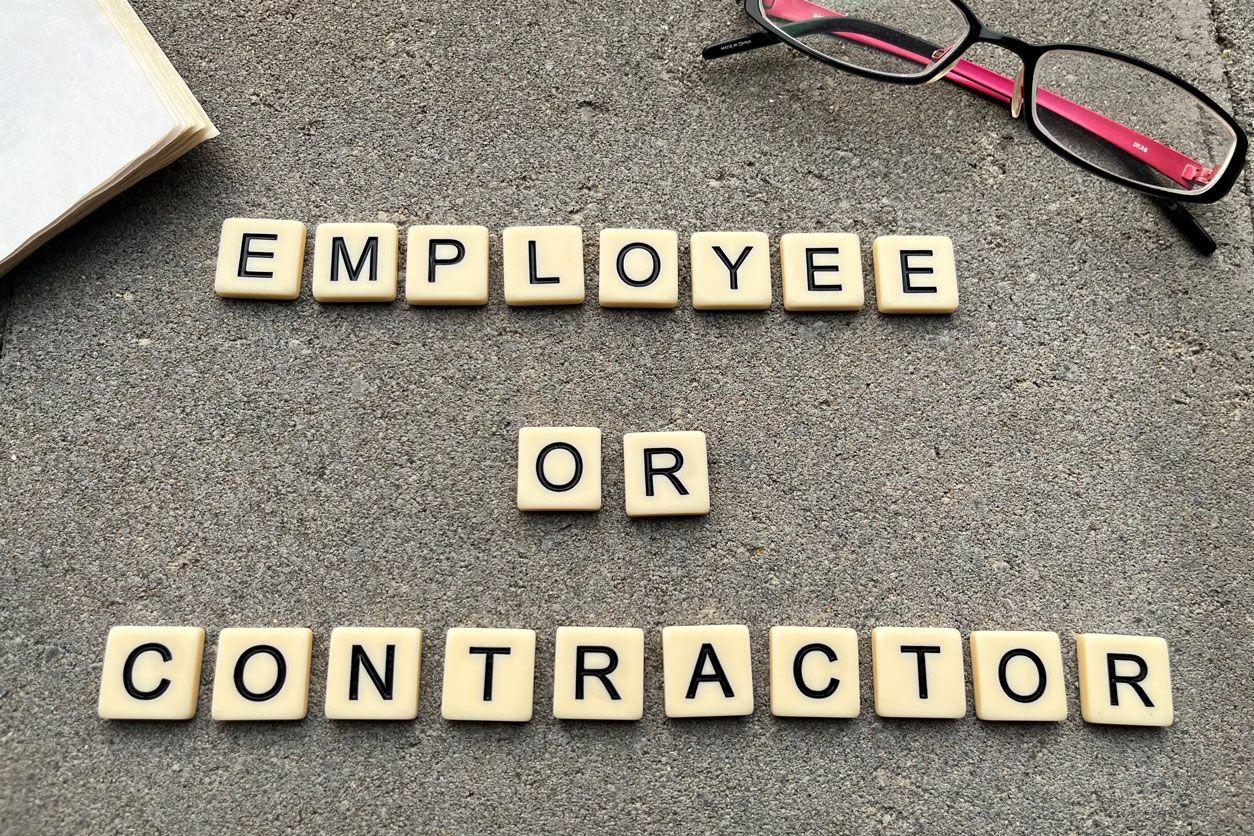California FMLA Violations: What Employees Should Know Under State & Federal Law

What Are Your Rights Under California and Federal FMLA Laws?
Under both California and federal law, eligible employees have the right to take job-protected leave for serious health conditions, family care, or childbirth without fear of losing their position. The federal Family and Medical Leave Act (FMLA) provides up to 12 weeks of unpaid leave for covered reasons, while California law, including the California Family Rights Act (CFRA), offers additional protections and may cover more employees, including those at smaller workplaces. During leave, your employer must maintain your health benefits and generally reinstate you to the same or an equivalent position when you return.
Understanding these rights is crucial because violations, such as denying leave, retaliating against employees, or failing to restore them to their position, can be illegal under both state and federal law. Knowing what protections you have ensures you can assert your rights and take action if your employer fails to comply.
Common Examples of FMLA Violations by Employers
Not all violations are obvious. Many employees only realize that someone violated their rights after they speak with an employment attorney or file a complaint. Some of the most frequent FMLA violations include:
- Refusing to authorize leave: If you meet the eligibility criteria, your employer must allow you up to 12 weeks of unpaid leave in a 12-month period for covered reasons.
Denying this without justification is a direct violation.
- Demanding excessive notice or paperwork: Employers can ask for reasonable notice and paperwork from a healthcare provider. However, they cannot demand excessive or hard-to-meet requirements.
- Failing to maintain health insurance benefits: During FMLA leave, your employer must maintain group health benefits under the same conditions as if you were still working.
- Not restoring your position: When your leave ends, you have the right to return to the same or an equivalent job. Demoting you, cutting your hours, or moving you to a less desirable role may be considered violations.
- Retaliation or discrimination: Employers may subtly punish workers for taking leave by reducing opportunities for advancement, changing schedules, or creating a hostile work environment.
How to Recognize Subtle FMLA Retaliation
Some violations are harder to spot because they happen after you return from leave. Employers may try to disguise retaliation as normal business decisions. Warning signs of FMLA retaliation include:
- Negative performance reviews that begin only after you took
FMLA leave.
- Being excluded from important meetings or training opportunities.
- Sudden changes in job responsibilities that feel like punishment.
- Increased scrutiny or disciplinary write-ups.
If you notice these patterns, it may indicate your employer is retaliating against you for exercising your FMLA rights.
Penalties for FMLA Violations
When employers break the law, they can face significant consequences. The penalties for FMLA violations vary depending on the nature of the violation but may include:
- Reinstatement: Courts may order the employer to give you your job back or place you in an equivalent position.
- Back pay: You may be entitled to wages, salary, employment benefits, or other compensation you lost as a result of the violation.
- Front pay: If you cannot be reinstated, you may receive payment for the wages you would have earned later.
- Liquidated damages: In some cases, you can recover double the amount of back pay as liquidated damages.
- Attorney’s fees and costs: If you prevail in court, your employer may be required to pay your legal expenses.
These remedies are intended both to support employees and deter employers from ignoring federal law.
Steps to Take if You Suspect an FMLA Violation
If you believe your employer has violated your FMLA rights, consider the following actions:
- Document everything: Keep records of all communications with your employer, including emails, performance reviews, and leave requests.
- Review company policies: Compare your experience with your employer’s official FMLA procedures.
- Consult an employment attorney: An attorney can evaluate your case, determine if your rights were violated, and help you seek legal remedies.
- File a complaint with the U.S. Department of Labor (DOL): If necessary, your attorney can help you file a complaint with the Wage and Hour Division (WHD) of the U.S. Department of Labor, which investigates FMLA violations.
Why Legal Guidance Matters
Employment law is complex, and FMLA cases often involve gray areas. For example, disputes may arise over whether an employee is truly eligible for leave, whether their condition qualifies as “serious,” or whether the employer provided adequate information about the employee’s rights. Because of these complexities, legal representation is often the key to holding employers accountable and securing the compensation employees deserve.
Understanding FMLA violations by employers is the first step in protecting yourself from unfair treatment. Fortunately, federal law provides strong protections and meaningful penalties for FMLA violations, to ensure employees have options.
If you suspect your employer has violated your FMLA rights, don’t stay silent. Document your experiences, educate yourself about your protections, and have an experienced employment attorney on your side to safeguard your future.
Note: The above article does not constitute legal advice.
Frequently Asked Questions
1. Who is eligible for FMLA or CFRA leave in California?
Eligible employees generally work for covered employers, have at least 12 months of employment, and have logged a minimum number of hours. California law may extend coverage to smaller workplaces that federal law does not.
2. How much leave am I entitled to under FMLA and California law?
Eligible employees can take up to 12 weeks of unpaid, job-protected leave in a 12-month period for qualifying medical or family reasons. Certain situations, like pregnancy or bonding with a new child, may also be covered.
3. Can my employer fire or retaliate against me for taking FMLA leave?
No. Both federal and California laws protect employees from retaliation. Employers cannot demote, punish, or create a hostile work environment because you exercised your right to take leave.
4. What counts as an FMLA violation by an employer in California?
Violations include denying eligible leave, failing to maintain health benefits, not restoring your job or equivalent position after leave, or retaliating against you for taking leave.
5. How can I tell if my employer is subtly retaliating after FMLA leave?
Watch for negative performance reviews, exclusion from meetings or projects, sudden changes in job responsibilities, or increased scrutiny that began only after your leave.
6. What remedies are available if my employer violates FMLA or CFRA?
You may be entitled to reinstatement, back pay, front pay, liquidated damages, and reimbursement of attorney’s fees and costs. Courts may also order corrective measures for the employer.
7. What should I do if I suspect an FMLA violation under California law?
Document all communications, review your company’s FMLA policies, consult an employment attorney, and, if needed, file a complaint with the U.S. Department of Labor’s Wage and Hour Division.
Share on Social Media





